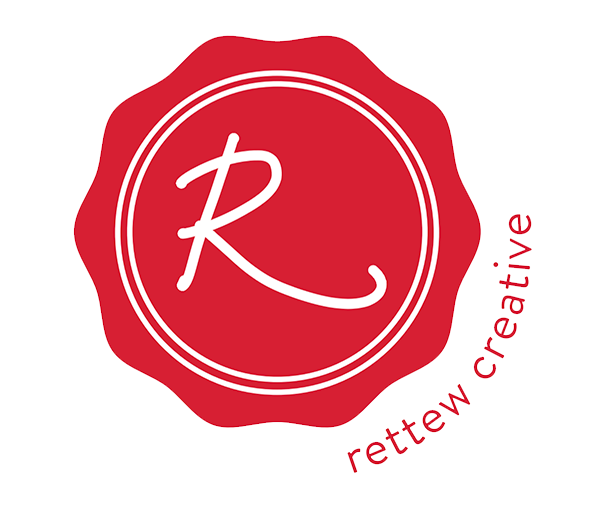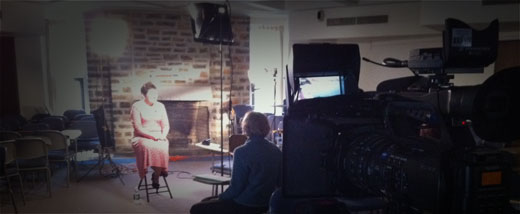It is amazing…I am sitting here enjoying a 3 year birthday. This is not a birthday for a person, this is a 3 year birthday for my business. Bobby Rettew, llc is now three years old and I am excited, humbled, and reflective.
I asked myself this morning, how did we get here, how did we make it this far? Three years ago, Sarah and I made the decision to start this business with only one long-term signed agreement…but lots of relationships willing to engage.
The economy was in the tank coming off one the biggest recessions since the great depression. I remember getting ready for Christmas, Sarah and I were counting every dollar projecting how long we could make it if we did not sign another deal. It became a game, how much cash could we put away providing a little more security…especially if we did not pick up another client.
We had just bought a house a year earlier, two cars that needed to be replaced, and planning to have a child. I am thankful in 2006 we started one of the tasks we have ever under taken; paying off all of our un-secured debt. That effort was one of the major reasons we are here today.
So where do we stand today? Wow, I am working out of my own office, I have a wonderful set of relationships who are clients, Rose is now a little over a year old, and the business is growing. We spent two and a half years working out of a small office in the back of the house, building a business slowly on a sound fiscal approach…CASH IS KING.
I remember five years ago, I was taking a class learning how to start a small business. I remember how naive I was when the instructors explained the two-year mark is the toughest to achieve for any small business. Here we stand at 3…and growing.
There are so many things I have learned, so I wanted to share a few:
1. It is ok to be a small business.
I read a powerful book last year that really spoke to me, Rework by 37signals. Most of you might know 37Signals and even use some of their products like Basecamp. This book emphasized it is ok to be small, embrace it and leverage it. We live in the upstate of South Carolina surrounded by high-impact high-growth businesses and conversations. So many meetings I sit in, so many people I meet, so many entrepreneurial groups I interact with…the message is all about high-impact and high-growth. That is not for me and it was hard to resist. For the first two years, I thought I was going to have to pivot this business to become a high-impact venture. What I learned…it is ok to be small, especially for my current business model. Less stress, less overhead, more opportunity.
2. Live your passion.
I love working with people helping them tell and share their story. I also love to teach. Nothing more and nothing less. This has translated well into my business as I work with groups to capture and tell their story using documentary storytelling. From telling stories of grants with the Duke Endowment, stories of health care advocacy for South Carolina Hospital Association, stories of health care for Greenville Hospital System, to stories of advocacy for groups like Safe Harbor, to even stories of inspiration for the Clemson Athletic Hall of Fame…the list is growing.
This is also true with the three groups that I have helped grow their digital brand. If you look at Greenville Hospital System, IT-oLogy, and Serrus Capital Partners…we have been growing their social media presence as a part of their strategic initiatives of their communication efforts.
And finally, it is so true when it comes to teaching. Over the last year, I have been working with the new MBA in Entrepreneurship and Innovation at Clemson University as the Digital Communications Instructor, teaching students how to take their business ideas and share them online in the social/digital space.
3. You just can’t do it all!
It is ok to ask for help and empower those who have a larger skill set to help you achieve your goals. So many projects I take on, I realize I have no idea how to tackle small or even large parts of the goals. I have learned to ask for help. I am one person and I am a small business…there is no way I can do it all. Getting help is fun and promotes good business and a collaborative environment.
4. Take on projects and opportunities that scare the CRAP out of you.
Yes…this is what helps me grow both personally and professionally. Sometimes we need to be challenged, but these projects help us learn how to problem-solve and stretch our professional capabilities.
5. Read as much as possible.
I try to read as many books as I can for both business and personal growth. My brain needs nourishment and reading helps me stay sharp. I also subscribe to lots of blogs surrounding numerous topics areas. My Google Reader is loaded with tons of content to read on a daily basis like business blogs from Harvard Business Review to personal blogs from my friends who are screen writers.
6. Have a good CPA and Lawyer as a colleague and a friend.
My CPA is TJ Way and he was a fraternity brother at Clemson. We lived together when we were fresh out of school and now he is a vital part of my business. Andy Arnold is my attorney, a client, a friend, and is surprisingly a Gamecock. Oh well…but he is just a phone call away with my questions about contracts or our personal living wills.
7. Make time for the family.
This was a hard lesson for me to learn during the second year of my business. During year two, Rose was born and I was balancing my current passions with my newest passion, our little girl. So I learned at the end of the day to cut off business, close the laptop, and enjoy time with the family. This was one of the reasons I moved out of the little home office into my current office. I wanted to be able to come home and be home. There are times when I might work late or work longer, but Sarah and I have learned to integrate family into a small business. This is an ever-learning process…but is vital for the soul.
8. Give your time.
I do not have a lot of time to give, but I try to do one thing…give my time to one non-profit/advocacy group. Each year, I pick a non-profit where I feel connected. I donate my time as if they are a client. For the last year and a half, I have been working with Safe Harbor and they have a powerful mission. I try to make them feel like a client, providing my time and expertise to their initiatives. The best part, I learn from them and we grow together. To me…good business growth is more that just making money.
9. Go on vacation…A LOT!
Seriously, go on vacation at least three to four times a year. This is a huge priority for our family and we have learned that I must leave the laptop, turn on the email auto-responder, and go relax. This allows us to get away from the grind, enjoy some time together, and relax. Rest is huge if you run a small business…getting away is food for the soul.
10. Continue to Focus
Take time at the end of the year to assess your business. Look at more than your financials…look to see if you business goals/mission matches your passions. Look to see if the type of business you are doing matches your balance sheet. Then, ask yourself is this where you want your business to continue to grow. Then focus and write your plan for the next year.
11. Be an Advocate.
Advocate for something. Stand upon some alter and render an opinion. Pick a cause, an initiative, something and advocate. You never know…you might find your calling…your passion.
* Image Credit -> MomOfTheYear.net Blog


